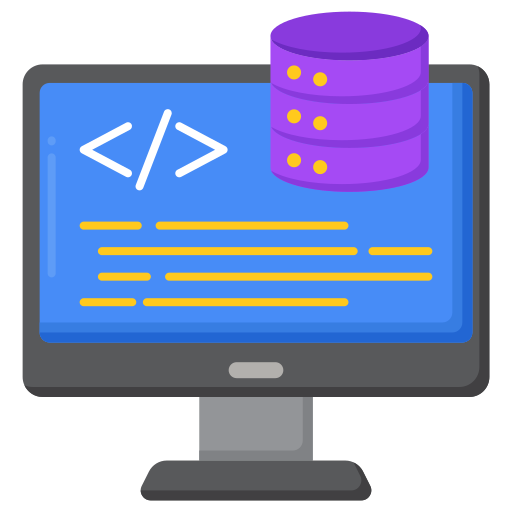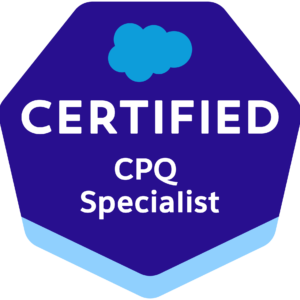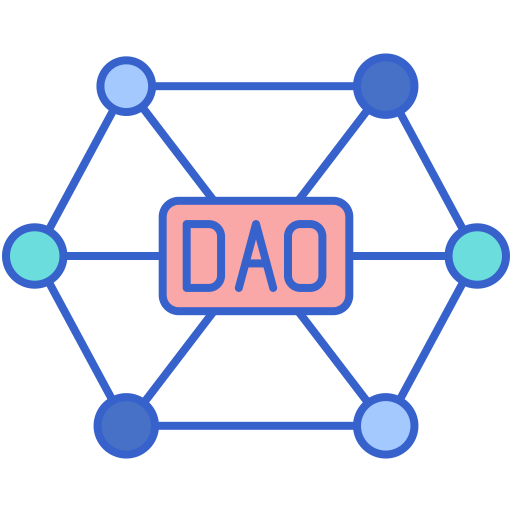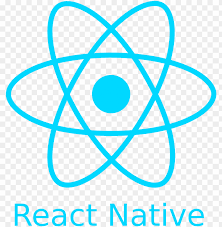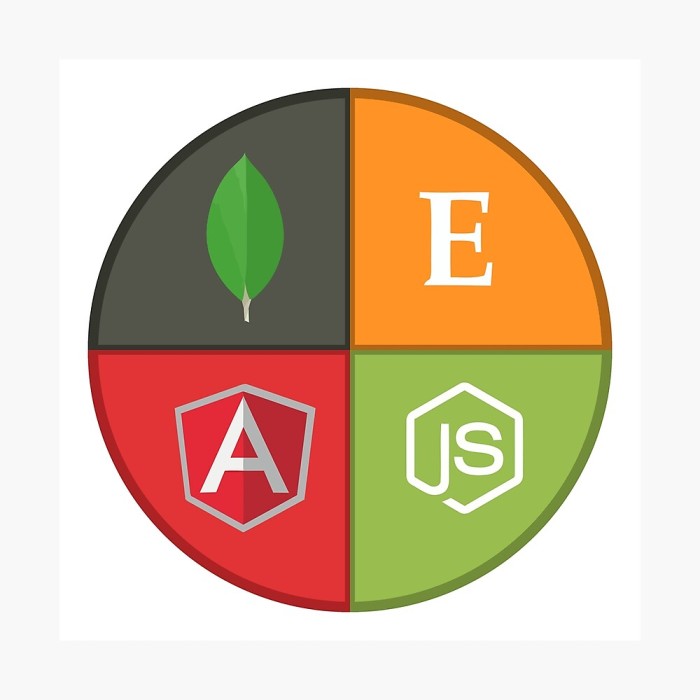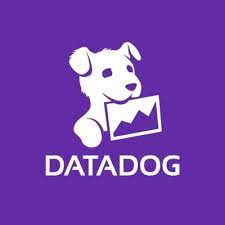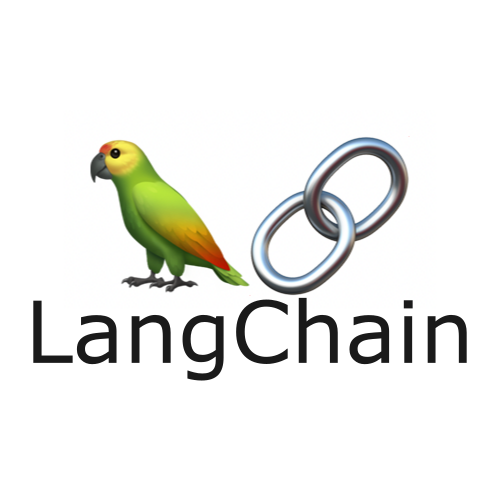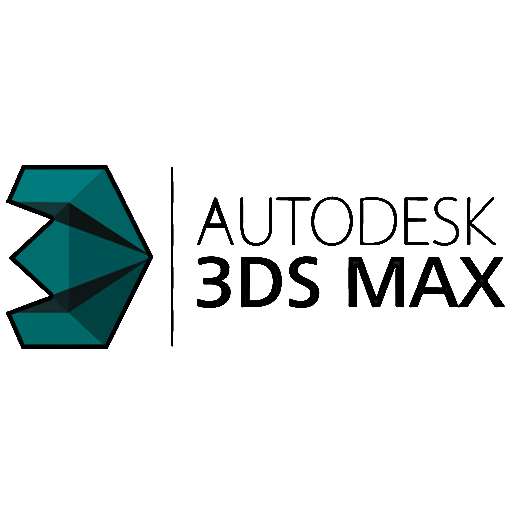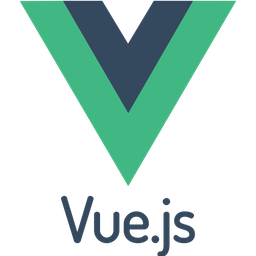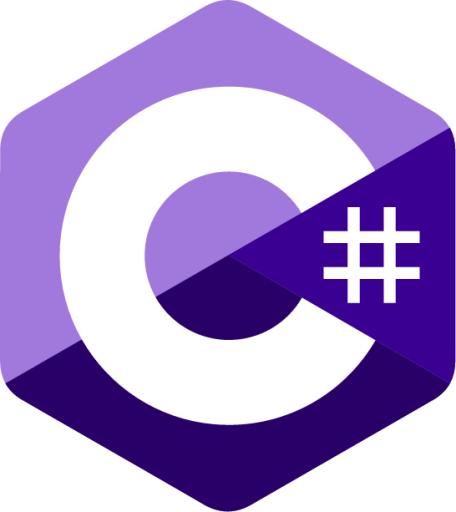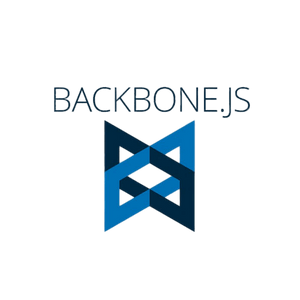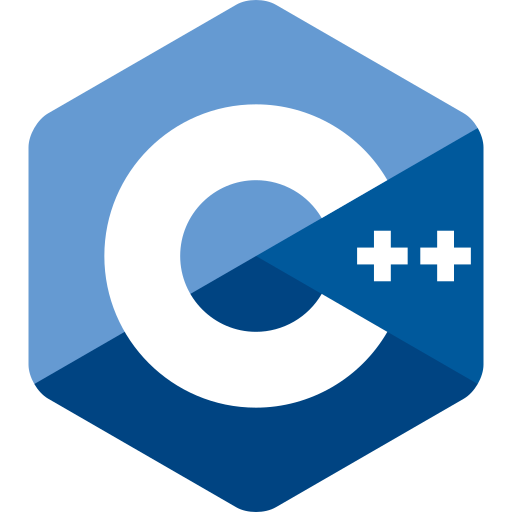Contents
What are the Essential Skills to Look for While Hiring a MLOps Developer?
What are the Roles and Responsibilities of a MLOps Developer?
How to Hire a Dedicated MLOps Developer?
How Much Does it Cost to Hire a MLOps Developer from India?
Why Hire an MLOps Developer from UltraGenius?
What Does a MLOps Developer Do?
Interview Questions When You Hire MLOps Engineer
If you wish to enhance the capabilities of your team projects and get the desired results, you can have a helping hand. If you hire a dedicated MLOps Engineer, they can help you explore new efficiencies and innovations in your projects. By bridging the gap between operational stability and machine learning, an MLOps Engineer makes sure that your ML models are creative and dependable when incorporated into your business operations. To make sure that your machine learning initiatives balance efficiency, speed, and accuracy, you need someone capable enough in this role. As a result, you'll get more dependable, adaptable, and efficient solutions that can grow with your business.
What are the Essential Skills to Look for While Hiring a MLOps Developer?
When you wish to hire the best remote MLOps developer, it's crucial to identify candidates with a specific set of skills that align with your project's needs. Here's a breakdown of the key expertise areas:
- Machine Learning and Data Science
- DevOps Practices and Tools
- Programming Skills, Particularly in Python
- Knowledge of Cloud Services and Containerization Technologies
- Understanding of Data Engineering and ETL Processes
Your ideal candidate should have a robust understanding of machine learning algorithms and data science principles. This knowledge is vital for developing models that are accurate, efficient, and scalable. Moreover, you should check if they are experienced in handling large datasets, extracting meaningful insights, and applying these to real-world problems.
You must check their familiarity with DevOps, which is essential for streamlining the development process. So, you should look for experience in continuous integration and deployment (CI/CD) pipelines, which are critical for automating the testing and deployment of machine learning models. Further, they should have a knowledge of tools like Jenkins, Docker, and Kubernetes is a plus, as these facilitate efficient model deployment and management.
Python is the lingua franca of machine learning and data science. Your MLOps Developer should have strong programming skills in Python, enabling them to write clean, efficient, and maintainable code. This skill is crucial for implementing algorithms and working with data processing libraries.
Cloud platforms like AWS, Azure, or Google Cloud offer tools and services that are indispensable for modern machine learning workflows. Your potential candidate should have familiarity with these platforms as it ensures that your MLOps Developer can leverage cloud resources effectively. Additionally, containerization technologies like Docker help in creating consistent and isolated environments, making model deployment more reliable.
A solid grasp of data engineering principles is necessary for managing and processing data. This includes expertise in ETL (Extract, Transform, Load) processes, which are crucial for preparing data for analysis and model training. Your MLOps Developer should be capable of designing and managing data pipelines, ensuring data quality and accessibility.
What are the Roles and Responsibilities of a MLOps Developer?
As a manager or business owner, if you hire top MLOps developer, you should understand the multifaceted role of an MLOps Developer as it is crucial in leveraging their skills for your organization's success. Here's a deeper look into their key responsibilities:
- Designing and Implementing Machine Learning Models
- Ensuring Smooth Model Deployment and Scalability
- Monitoring and Maintaining Model Performance
- Collaborating with Data Scientists and Engineers
When you hire MLOPS developers, they are not just the coders; they are creators of sophisticated machine learning models. They take your business's raw data and transform it into actionable insights. Further, you must check if they can help you select the right algorithms and design models that align with your specific business objectives.
Once a model is developed, the real challenge begins. Your MLOps Developer plays a pivotal role in deploying these models into production environments. They ensure that the transition is seamless and the models are scalable. This means as your business grows, your machine learning capabilities can expand without any hitches.
The job of a MLOps Developer doesn't end with deployment. If you hire MLOps Engineer, they continuously monitor the models to ensure optimal performance. Therefore, to ensure that the models stay accurate and effective over time, this entails adjusting and improving them depending on data and feedback from the real world.
A MLOps Developer acts as a bridge between data scientists and engineers. They guarantee that machine learning models are seamlessly integrated with the current IT architecture. They must always work together to make sure that the data science and engineering components are working together to produce the best results.
How to Hire a Dedicated MLOps Developer?
When you're on the quest to hire the best MLOps specialist and already have the MLOps developer job description in hand, the process can be streamlined by focusing on three key aspects:
- Defining Your Project Requirements Clearly
- Looking for Candidates with a Proven Track Record
- Assessing Technical and Soft Skills Through Interviews and Tests
As a manager or business owner, it's crucial to have a clear understanding of what you need. This involves identifying the specific skills and expertise that the MLOps role will require in your project. Are you looking for someone with extensive experience in data engineering, or is a strong background in cloud technologies more critical? By delineating these requirements, you can target your search more effectively and ensure that candidates align with your project's objectives.
Experience is a significant indicator of a candidate's capability. You can find MLOps developers who have demonstrated success in similar roles. Review their portfolio or case studies to understand the scope and impact of their previous work. This insight can give you confidence in their ability to handle the challenges and complexities of your project.
While technical prowess is essential, soft skills like communication, problem-solving, and teamwork are equally important. During the interview process, incorporate scenarios or problem-solving exercises relevant to your project. This approach not only assesses their technical expertise but also gives you a glimpse into how they approach challenges, work in a team, and communicate solutions. Remember, a candidate who aligns well with your team's culture and values can significantly contribute to the success of your project.
How Much Does it Cost to Hire a MLOps Developer from India?
When you hire a remote MLOps developer from India, understanding the cost implications based on different engagement models is crucial for your decision-making. For a freelance MLOPS Developer, expect to invest between $20 and $50 per hour. This option is ideal if you need flexibility and have specific, short-term tasks. If you're looking for a more consistent engagement, a Part-time MLOps Developer could cost you between $1,000 and $2,500 per month, offering a balance between flexibility and ongoing support. For businesses requiring full-time commitment, you can hire a full time mlops developer’s expertise will cost between $3,000 and $7,000 per month. This investment ensures dedicated support for your projects, bringing in-depth expertise and continuity to your team's machine learning initiatives.
Why Hire an MLOps Developer from UltraGenius?
One of the unique features of our platform is the pool of well-screened and experienced specialists. This ensures that each MLOps Developer you engage from us is an elite specialist in their industry. Our flexible recruiting models are made to completely match your specific demands, whether they are for long-term partnerships or short-term initiatives because we understand that every project has different needs. Furthermore, we place a high priority on providing outstanding value without sacrificing quality. We ensure that you receive the best return on your investment with competitive pricing that is tailored to match a range of budgets. By selecting UltraGenius, you're adding a dependable, accomplished expert to your team who can help you see your projects through to completion, not simply an MLOps Developer.
What Does a MLOps Developer Do?
As a manager or business owner, you must understand the role of an MLOps Developer to cope with the cruciality in today’s tech-driven landscape. Essentially, a MLOps Developer operates at the dynamic intersection of machine learning, data science, and operations. Their primary goal is to optimize and automate the entire machine learning lifecycle. Therefore, this process begins with the initial data preparation step and proceeds through the critical phases of model construction, deployment, and ongoing monitoring. Thus, you can leverage the critical function of your potential MLOps Developer in transforming raw data into actionable insights. They will ensure that the machine learning models produced are scalable, accurate, and effective by utilizing state-of-the-art algorithms and data processing techniques. Once these models are created, the MLOps Developer meticulously works on deploying them into your production environment. This stage is vital as it translates complex data models into practical, real-world applications that can drive your business forward. But their role doesn’t end there. Post-deployment, if you hire an MLOps Engineer, they continuously monitor these models to ensure optimal performance. They are skilled in spotting potential problems and fixing them, so your machine learning systems will continue to be reliable and efficient over time. To put it simply, an MLOps Developer is paramount to making sure that the money you invest in machine learning technology pays off in the long run.
Interview Questions When You Hire MLOps Engineer
- How do you approach model deployment and monitoring?
- Can you describe your experience with cloud services and containerization?
- How do you ensure data security and compliance in your workflows?
- How do you handle version control and experiment tracking in your MLOps workflow?
- Describe your strategy for optimizing machine learning models for production.
In deploying models, you prioritize seamless integration with existing systems. You utilize continuous integration and delivery (CI/CD) pipelines for efficient deployment. For monitoring, you focus on real-time performance tracking, using tools like Prometheus or Grafana, ensuring that any deviations in model performance are quickly identified and addressed.
With cloud services, you have extensive experience in leveraging platforms like AWS, Azure, or Google Cloud for scalable and efficient machine learning workflows. You are proficient in containerization technologies like Docker and Kubernetes, which you use to create reproducible, scalable, and isolated environments for your ML models, ensuring consistency across development, testing, and production.
You ensure data security by implementing robust encryption methods for both data at rest and in transit. You are familiar with compliance standards like GDPR and HIPAA and integrate compliance checks into your development process. Regular audits, access controls, and using secure and compliant data storage solutions are part of your strategy to maintain data integrity and confidentiality.
To manage code changes and work together effectively, we can make use of version control technologies such as Git. Platforms like TensorBoard or MLflow are favorites for tracking experiments because they let me log trials, monitor model performance data, and compare various runs. Reproducibility and transparency throughout the machine learning lifecycle are guaranteed by this methodical approach.
My approach is to test and tune models iteratively in order to strike a compromise between resource use and performance. To increase effectiveness, we can use strategies like feature selection, model trimming, and hyperparameter tuning. Furthermore, by utilizing frameworks that facilitate model compression and effective deployment, we can concentrate on making sure models are scalable and lightweight for production.




































